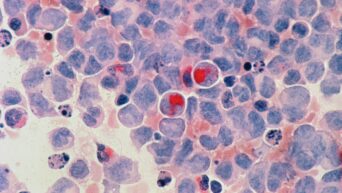A little garden work is great for a bad mood. Or a petty crime.
A study at Texas State University is looking into opportunities for inmates completing community service to participate in horticultural community service programs. More than that, they are looking to see if programs like this will offset the common nature of repeat offenses.
The purpose of the study was based on conversations that some of the students had with offenders who were serving community service sentences at the campus garden. The offenders had mentioned to the students that they felt a sense of purpose and pride when working in the garden. Currently, the average cost of housing a single inmate in the United States is roughly $31,000 a year, which comes out to around $75 billion per year.
The problem that the court system continues to run into is recidivism, which is the repetition of criminal behavior leading to a return to prison. The numbers are staggering in terms of how many prisoners re-offend once returning to society. But working with plants has seemed to create a calming effect for many prisoners.
This notion of working in a garden is playing a positive role in their lives for the future. Many programs are offered to prisoners while being incarcerated as well as when they return to society. This has seemed to help, but more needs to be done. Based on the University’s study, they saw those community service requirements in horticultural settings produced statistics showing a lower chance of recidivism compared to other community service settings.
The mental part of our health is often overlooked these days and this is another clear case of how nature and the environment can bring about positive change in the minds of people who struggle with their emotions. Building something and watching it grow and thrive can really boost the confidence level of someone struggling.
































